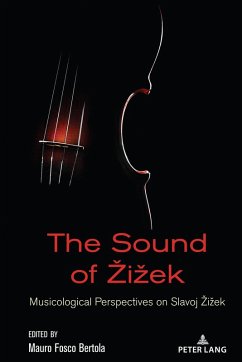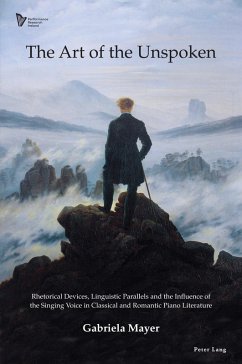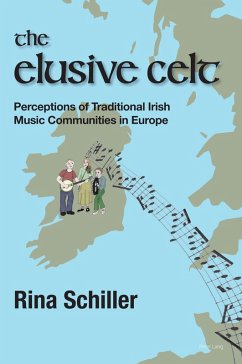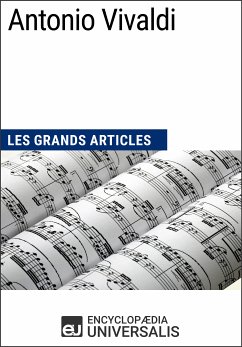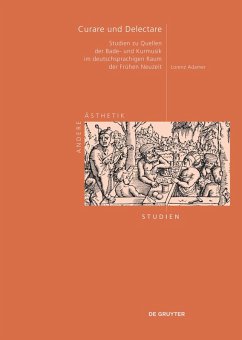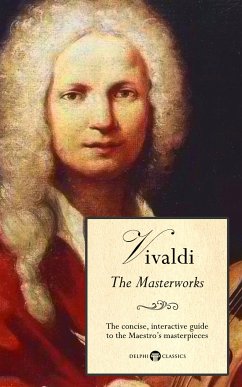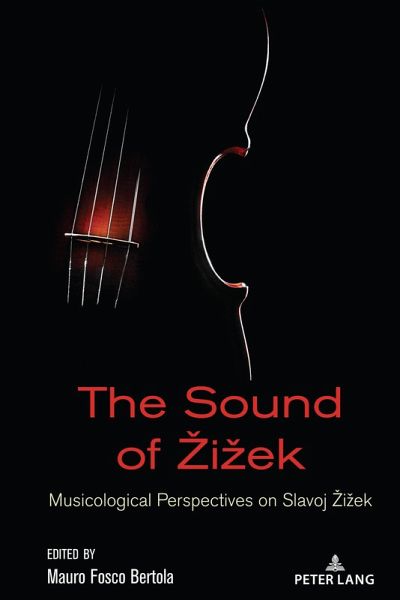
The Sound of Zizek (eBook, ePUB)
Musicological Perspectives on Slavoj Zizek
Versandkostenfrei!
Sofort per Download lieferbar
Statt: 80,95 €**
66,95 €
inkl. MwSt.
**Preis der gedruckten Ausgabe (Gebundenes Buch)
Alle Infos zum eBook verschenkenWeitere Ausgaben:

PAYBACK Punkte
33 °P sammeln!
Over the last three decades Slavoj Zizek has become an iconic figure of intellectuel engagé and his works have engendered ongoing reflection within as different academic disciplines as philosophy, literature or cultural, gender, postcolonial and film studies. But when it comes to music, things look different.With an emphasis on the German modernist tradition from Wagner to Schönberg, a whole range of references to music are scattered throughout Zizek's copious body of works. However, these efforts seem to go almost unnoticed within academia - at least on first glance. Looking more closely, o...
Over the last three decades Slavoj Zizek has become an iconic figure of intellectuel engagé and his works have engendered ongoing reflection within as different academic disciplines as philosophy, literature or cultural, gender, postcolonial and film studies. But when it comes to music, things look different.
With an emphasis on the German modernist tradition from Wagner to Schönberg, a whole range of references to music are scattered throughout Zizek's copious body of works. However, these efforts seem to go almost unnoticed within academia - at least on first glance. Looking more closely, one notices a subtle but nevertheless consistent adoption of Zizek's theories within musicology, spreading across a broad range of topics and approaches. So, Zizek has become part of musicology, even if his presence is still uncharted territory.
The present volume, which appeals to musicologists and philosophers alike, intends to map different ways in which Zizek's philosophy has been adopted in order to approach many of musicology's core questions, from musical analysis to the opera studies, from contemporary music to the history of the discipline itself. At the same time it both reflects on and questions Zizek's positions on musical aesthetics as expressed in his writings. Last but not least, the volume also features two essays by Zizek himself, reflecting his different approaches to writing about music.
With an emphasis on the German modernist tradition from Wagner to Schönberg, a whole range of references to music are scattered throughout Zizek's copious body of works. However, these efforts seem to go almost unnoticed within academia - at least on first glance. Looking more closely, one notices a subtle but nevertheless consistent adoption of Zizek's theories within musicology, spreading across a broad range of topics and approaches. So, Zizek has become part of musicology, even if his presence is still uncharted territory.
The present volume, which appeals to musicologists and philosophers alike, intends to map different ways in which Zizek's philosophy has been adopted in order to approach many of musicology's core questions, from musical analysis to the opera studies, from contemporary music to the history of the discipline itself. At the same time it both reflects on and questions Zizek's positions on musical aesthetics as expressed in his writings. Last but not least, the volume also features two essays by Zizek himself, reflecting his different approaches to writing about music.
Dieser Download kann aus rechtlichen Gründen nur mit Rechnungsadresse in A, D ausgeliefert werden.




